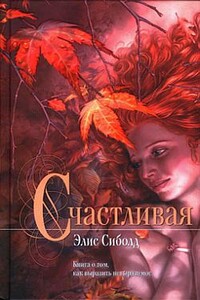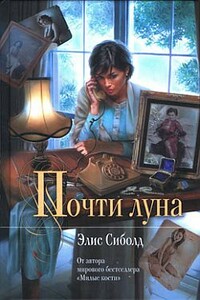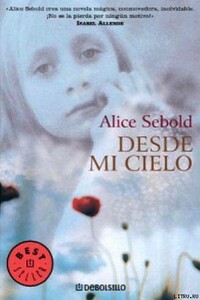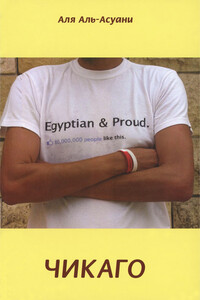During the final hymn, as my family stood, she leaned over to Lindsey and whispered, “By the door, that’s him.”
Lindsey looked over.
Standing just behind Len Fenerman, who was now inside the doorway and singing along, stood a man from the neighborhood. He was dressed more casually than anyone else, wearing flannel-lined khaki trousers and a heavy flannel shirt. For a moment Lindsey thought she recognized him. Their eyes locked. Then she passed out.
In all the commotion of attending to her, George Harvey slipped between the Revolutionary War gravestones behind the church and walked away without being noticed.
At the statewide Gifted Symposium each summer, the gifted kids from seventh to ninth grade would get together for a four-week retreat to, as I always thought of it, hang out in the trees and pick one another’s brains. Around the campfire they sang oratorios instead of folk songs. In the girls’ showers they would swoon over the physique of Jacques d’Amboise or the frontal lobe of John Kenneth Galbraith.
But even the gifted had their cliques. There were the Science Nerds and the Math Brains. They formed the superior, if somewhat socially crippled, highest rung of the gifted ladder. Then came the History Heads, who knew the birth and death dates of every historical figure anyone had ever heard of. They would pass by the other campers voicing cryptic, seemingly meaningless life spans: “1769 to 1821,” “1770 to 1831.” When Lindsey passed the History Heads she would think the answers to herself. “Napoleon.” “Hegel.”
There were also the Masters of Arcane Knowledge. Everyone begrudged their presence among the gifteds. These were the kids that could break down an engine and build it back again – no diagrams or instructions needed. They understood things in a real, not theoretical, way. They seemed not to care about their grades.
Samuel was a Master. His heroes were Richard Feynman and his brother, Hal. Hal had dropped out of high school and now ran the bike shop near the sinkhole, where he serviced everyone from Hell’s Angels to the elderly who rode motorized scooters around the parking lots of their retirement homes. Hal smoked, lived at home over the Hecklers’ garage, and conducted a variety of romances in the back of his shop.
When people asked Hal when he was going to grow up, he said, “Never.” Inspired by this, when the teachers asked Samuel what he wanted to be, he would say: “I don’t know. I just turned fourteen.”
Almost fifteen now, Ruth Connors knew. Out in the aluminum toolshed behind her house, surrounded by the doorknobs and hardware her father had found in old houses slated for demolition, Ruth sat in the darkness and concentrated until she came away with a headache. She would run into the house, past the living room, where her father sat reading, and up to her room, where in fits and bursts she would write her poetry. “Being Susie,” “After Death,” “In Pieces,” “Beside Her Now,” and her favorite – the one she was most proud of and carried with her to the symposium folded and refolded so often that the creases were close to cuts – “The Lip of the Grave.”
Ruth had to be driven to the symposium because that morning, when the bus was leaving, she was still at home with an acute attack of gastritis. She was trying weird all-vegetable regimes and the night before had eaten a whole head of cabbage for dinner. Her mother refused to kowtow to the vegetarianism Ruth had taken up after my death.
“This is not Susie, for Chrissakes!” her mother would say, plunking down an inch-thick sirloin in front of her daughter.
Her father drove her first to the hospital at three A.M. and then to the symposium, stopping home on the way to pick up the bag her mother had packed and left at the end of their driveway.
As the car pulled up into the camp, Ruth scanned the crowd of kids lining up for nametags. She spotted my sister among an all-male group of Masters. Lindsey had avoided putting her last name on her nametag, choosing to draw a fish instead. She wasn’t exactly lying that way, but she hoped to meet a few kids from the surrounding schools who didn’t know the story of my death or at least wouldn’t connect her to it.





